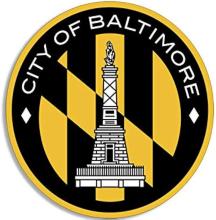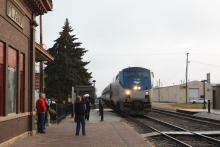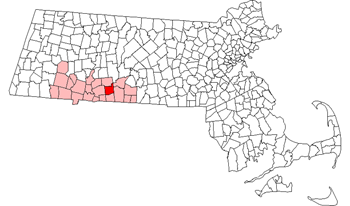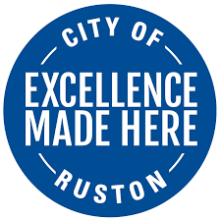Hudson, Ohio Accepting Bids For Citywide Fiber Build
Hudson, Ohio officials are now accepting bids on a promising new fiber-to-the-home network that should dramatically improve affordable, next-generation broadband access in the city of 23,000.
It’s just the latest effort by a city that has been exploring the option of municipal broadband infrastructure for more than a decade.
Just 15 miles north of Akron, the city has spent the better part of the last three years preparing to forge a new public-private-partnership (PPP) to expand access.
The city already owns and operates its own broadband network (Velocity Broadband, launched in 2015), but it exclusively serves the city’s businesses with gigabit-capable fiber.
The city’s new partnership would leverage that existing business network and core fiber assets to finally bring fiber optic connectivity to the city’s residents.
“The proposed work includes the installation of new fiber optic infrastructure, including approximately 11,750 lineal feet of 1.5-inch underground HDPE fiber conduit via horizontal directional drilling, 7,900 lineal feet of new aerial fiber, the placement of underground fiber vaults and handholes, and the subsequent fiber optic cable installation and testing,” the city’s proposal states.



















